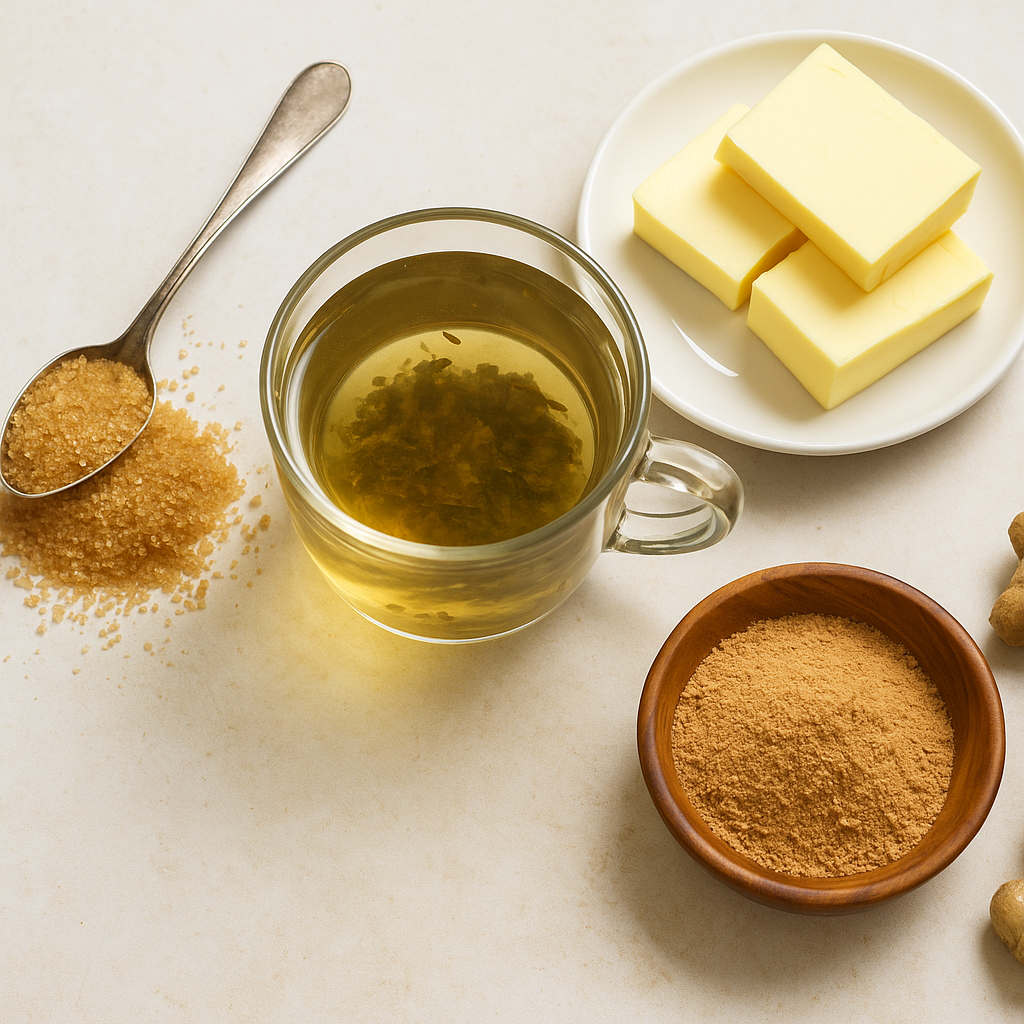Green tea, morning walks, and jaggery swaps are celebrated as healthy choices. Yet doctors caution that even these routines, when misused or overdone, can silently elevate blood sugar levels and complicate metabolic health.
The Hidden Cost of “Healthier” Alternatives
For many health-conscious individuals, replacing sugar with jaggery or honey feels like a safer choice. Nutritionists, however, emphasize that these substitutes are still forms of sugar capable of triggering sharp spikes in glucose. Similarly, the idea that unlimited green tea accelerates metabolism is misleading; excessive consumption can interfere with hormonal balance and push cortisol—and blood sugar—levels upward.
Exercise and Fasting: Double-Edged Swords
Walking is often touted as one of the most accessible and beneficial exercises. But experts warn that long, fasted walks—especially in the morning—can paradoxically raise blood sugar. In fasting states, the body releases stored glucose through hormonal signals, spiking blood sugar in an attempt to supply energy. Skipping meals altogether can have a similar effect, destabilizing insulin sensitivity and leading to unpredictable sugar fluctuations.
Rethinking Wellness Through Moderation
The lesson, doctors stress, is not to abandon these habits but to practice balance. Small quantities of ghee can aid digestion, but excess invites fat-related metabolic stress. Green tea is a helpful antioxidant source, yet more than three or four cups daily may do harm. Walking remains essential, but pairing it with a light pre-walk snack can prevent spikes. In a country where diabetes prevalence continues to climb, reframing wellness as a practice of moderation rather than extremes could be critical to long-term health.


